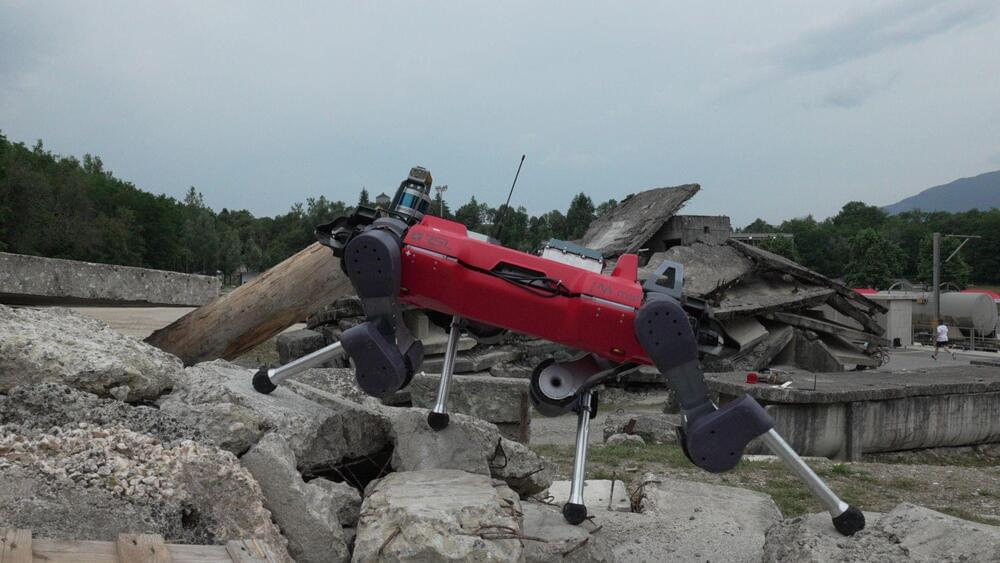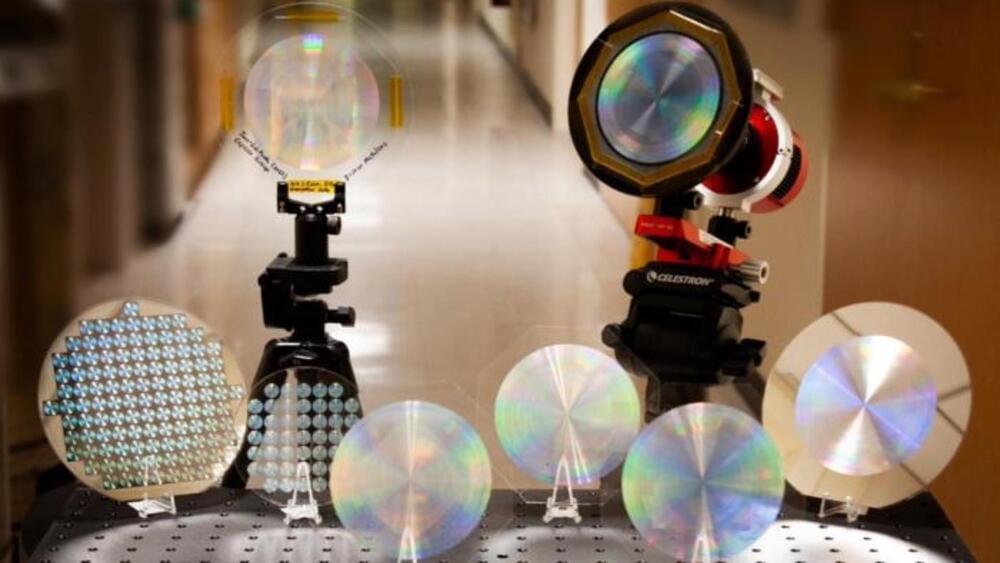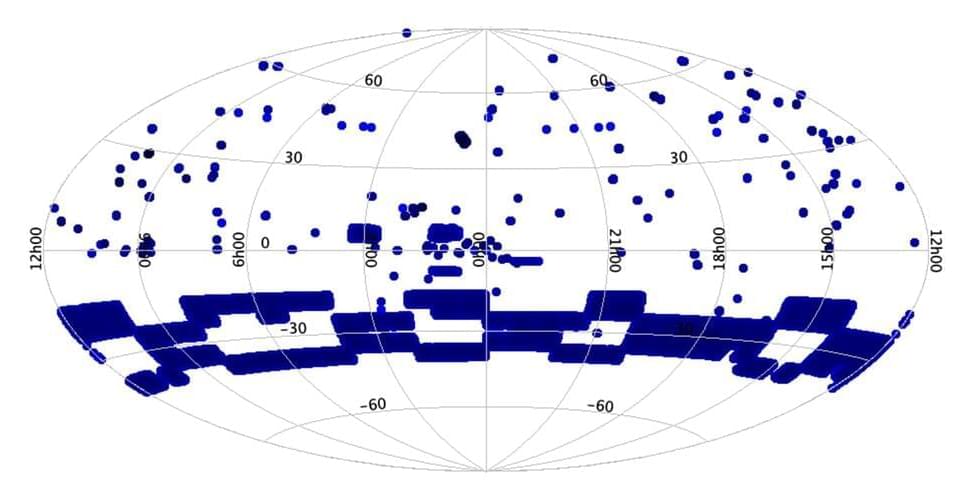January 8, 2024, Mountain View, CA — In a groundbreaking cosmic quest, the SETI Institute’s Commensal Open-Source Multimode Interferometer Cluster (COSMIC) at the Karl G. Jansky Very Large Array (VLA) is expanding the search for extraterrestrial intelligence (SETI). This cutting-edge technology is not a distinct telescope; it’s a detector. COSMIC searches for extraterrestrial signals and paves the way for future science using a copy of the raw data from the telescope’s observations. At the heart of COSMIC’s mission is pursuing the age-old question: Are we alone in the universe? Project scientist Dr. Chenoa Tremblay and the team detailed the project in a paper published in The Astronomical Journal.
What sets COSMIC apart is its adaptability to the future. The system is designed for future upgrades, ensuring it remains at the forefront of cosmic exploration. With the potential to expand its capabilities, COSMIC could soon cover more stars, explore new frequencies, and enhance our understanding of the vast cosmic tapestry. It is important to note that COSMIC’s capabilities go beyond searching for extraterrestrial intelligence. Future upgrades could unlock new explorations, from finding fast radio bursts with a submillisecond temporal resolution to studying spectral line science and axionic dark matter.
“COSMIC introduces modern Ethernet-based digital architecture on the VLA, allowing for a test bed for future technologies as we move into the next generation era,” said Tremblay. “Currently, the focus is on creating one of the largest surveys for technological signals, with over 500,000 sources observed in the first six months. However, the flexibility of the design allows for a wide range of other scientific opportunities, such as studying fast radio burst pulse structures and searching for axion dark matter candidates. We hope to open opportunities for other scientists to use our high time (nanoseconds) or our high spectral resolution (sub-Hz) to complete their research. It is an exciting time for increasing the capabilities of this historic telescope.”









